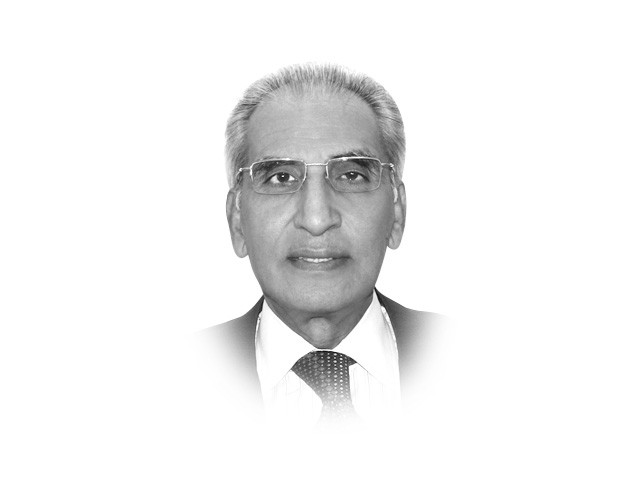Maximising our options
Our long association with extremists, militants has kept us in isolation, from establishing new economic partnerships.

This is evident from the unprecedented isolation in which we find ourselves, thanks to our long association with extremists and militants. Consequently, Pakistan arouses unfavourable responses even in traditionally friendly countries, such as China and Saudi Arabia. This has had its inevitable fall-out leaving us bereft of truly committed friends, while reducing meaningful foreign investment that is so essential to shore up a faltering economy. If diplomacy is the art of maximising options, then we have certainly achieved the very opposite!
On the other hand, countries with conflicting interests have set aside tactical differences for strategic gains. Among the lesser known but increasingly relevant is BRICS, a group of five developing countries (Brazil, Russia, India, China and South Africa) that have little in common other than powerful ambitions, propelled by rapid economic growth. Ever since its first summit in Yekaterinburg, Russia in 2009, at a time when most of Europe and the US were convulsed in deep recession, BRICS provided member states an influential platform to enhance their global profiles.
Not everyone, however, is convinced about its importance. Some point to historic Sino-Indian and Sino-Russian suspicions as factors impeding initial ambitious projections. Others point to the contradiction inherent in two of the five countries having to go a long way before being considered democratic.
Last week’s summit meeting in Delhi came amidst fresh questions about its role and relevance. The leaders pledged to expand trade, urged faster reforms in the Western dominated global financial system and also endorsed the Group of 20 major economies as being the “premier forum” for addressing global financial issues. They, however, failed to agree on the modalities of creating a new development bank to rival the World Bank, though they did sign agreements that will enable greater use of local currencies in trade within the group, rather than the dollar. On both Iran and Syria, they called for dialogue, not military intervention.
Of course, there are detractors of BRICS in the West who do not favour the emergence of another pole of global influence. Within India as well, some point to its failure to come up with agreed objectives and a common vision, which encourages them to advocate that India not get distracted by initiatives about a “new global architecture” and instead continue to “play” within existing Western-led institutions. In fact, some observers claim that it is the vigour with which the US is nudging India towards strengthening its political and military cooperation with Australia, Japan and South Korea –– ostensibly as partners of the US in the latter’s China containment policy –– that has stymied the group’s progress. These same lobbies suspect that given the strength and vibrancy of the Chinese economy, BRICS could end up becoming an instrument of Chinese foreign policy.
India also has differing views from those of China and Russia on Iran and Afghanistan. It does not necessarily see eye to eye with other countries on Pakistan. The countries also have differences on Security Council reforms. Nevertheless, they all favour closer cooperation and coordination, particularly on economic issues.
Moreover, a grouping that brings together almost half of the world’s population and a fifth of its GDP –– with combined economies worth almost $13 trillion and expected to double in the coming decade –– cannot but be seen as an important factor in global economic matters.
This is where Pakistan has failed to leverage its geostrategic location, by not taking advantage of its membership in either of the two regional organisations — the South Asian Association for Regional Cooperation and the Economic Cooperation Organisation. We have to move beyond pious hopes and instead focus on concrete actions.
Published in The Express Tribune, April 4th, 2012.















COMMENTS
Comments are moderated and generally will be posted if they are on-topic and not abusive.
For more information, please see our Comments FAQ